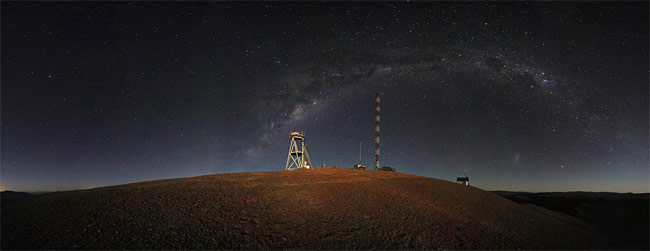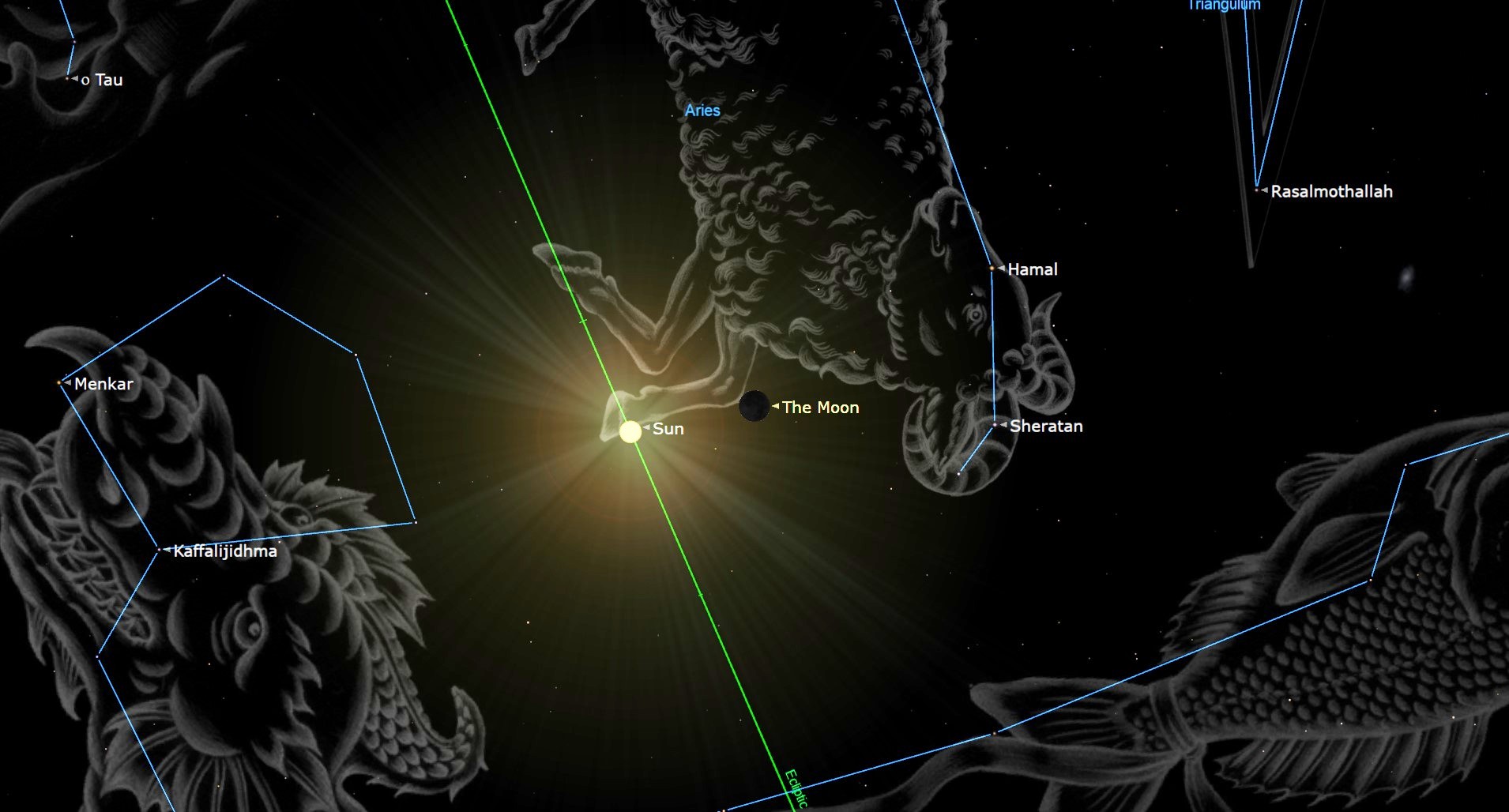Brazil to Join European Southern Observatory

The Federative Republic of Brazil is set to become thenewest member state of the European Southern Observatory, a leading intergovernmentalastronomy organization.
In a ceremony held in Brasilia yesterday (Dec. 29),Brazilian Minister of Science and Technology, Sergio Machado Rezende, and ESODirector General, Tim de Zeeuw, signed the formal accession agreement thatpaves the way for the country's membership within ESO. [Gallery- Cosmic Visions from Paranal Observatory]
Brazil's impending membership was unanimously approved bythe ESO Council in a meeting held Dec. 21, but the agreement must now besubmitted to the Brazilian Parliament for approval. Following governmentratification, Brazil will become the fifteenth member state and the first fromoutside Europe.
"Joining ESO will give new impetus to the developmentof science, technology and innovation in Brazil as part of the considerableefforts our government is making to keep the country advancing in thesestrategic areas," Rezende said.
The EuropeanSouthern Observatory has had a history of successful involvement with SouthAmerican nations, ever since Chile was selected as the best site for itsobservatories in 1963. Until now, however, no non-European country has joinedESO as a member state.
"The membership of Brazil will give the vibrantBrazilian astronomical community full access to the most productive observatoryin the world and open up opportunities for Brazilian high-tech industry tocontribute to the European Extremely Large Telescope project," de Zeeuwsaid. "It will also bring new resources and skills to the organization atthe right time for them to make a major contribution to this excitingproject."
The EuropeanExtremely Large Telescope is a planned ground-based observatory with a42-meter diameter segmented mirror. The observatory, which will be located in theCerro Armazones mountain in the central part of Chile's Atacama Desert, iscurrently in its design phase.
Get the Space.com Newsletter
Breaking space news, the latest updates on rocket launches, skywatching events and more!
The project recently completed a major review, in whichevery aspect of the large project was scrutinized by an international panel ofindependent experts. The panel found that the project is technically ready toenter the construction phase.
The go-ahead for construction is planned for 2011, withoperations expected to begin early in the next decade. European, Brazilian andChilean astronomers will then have access to this gianttelescope.
"Astronomers in Brazil will benefit from collaboratingwith European colleagues, and naturally from having observing time at ESO'sworld-class observatories at La Silla and Paranal, as well as on ALMA, whichESO is constructing with its international partners."
ESO is supported by 14 countries, including France, Germany,Italy, Spain, Sweden and the United Kingdom. The organization currentlyoperates threeobserving sites in Chile: La Silla, Paranal and Chajnantor.
- Gallery- Cosmic Visions from Paranal Observatory
- GreatImages from ESO's Very Large Telescope
- GalacticBonanza from the European Southern Observatory
Join our Space Forums to keep talking space on the latest missions, night sky and more! And if you have a news tip, correction or comment, let us know at: community@space.com.

Space.com is the premier source of space exploration, innovation and astronomy news, chronicling (and celebrating) humanity's ongoing expansion across the final frontier. Originally founded in 1999, Space.com is, and always has been, the passion of writers and editors who are space fans and also trained journalists. Our current news team consists of Editor-in-Chief Tariq Malik; Editor Hanneke Weitering, Senior Space Writer Mike Wall; Senior Writer Meghan Bartels; Senior Writer Chelsea Gohd, Senior Writer Tereza Pultarova and Staff Writer Alexander Cox, focusing on e-commerce. Senior Producer Steve Spaleta oversees our space videos, with Diana Whitcroft as our Social Media Editor.









